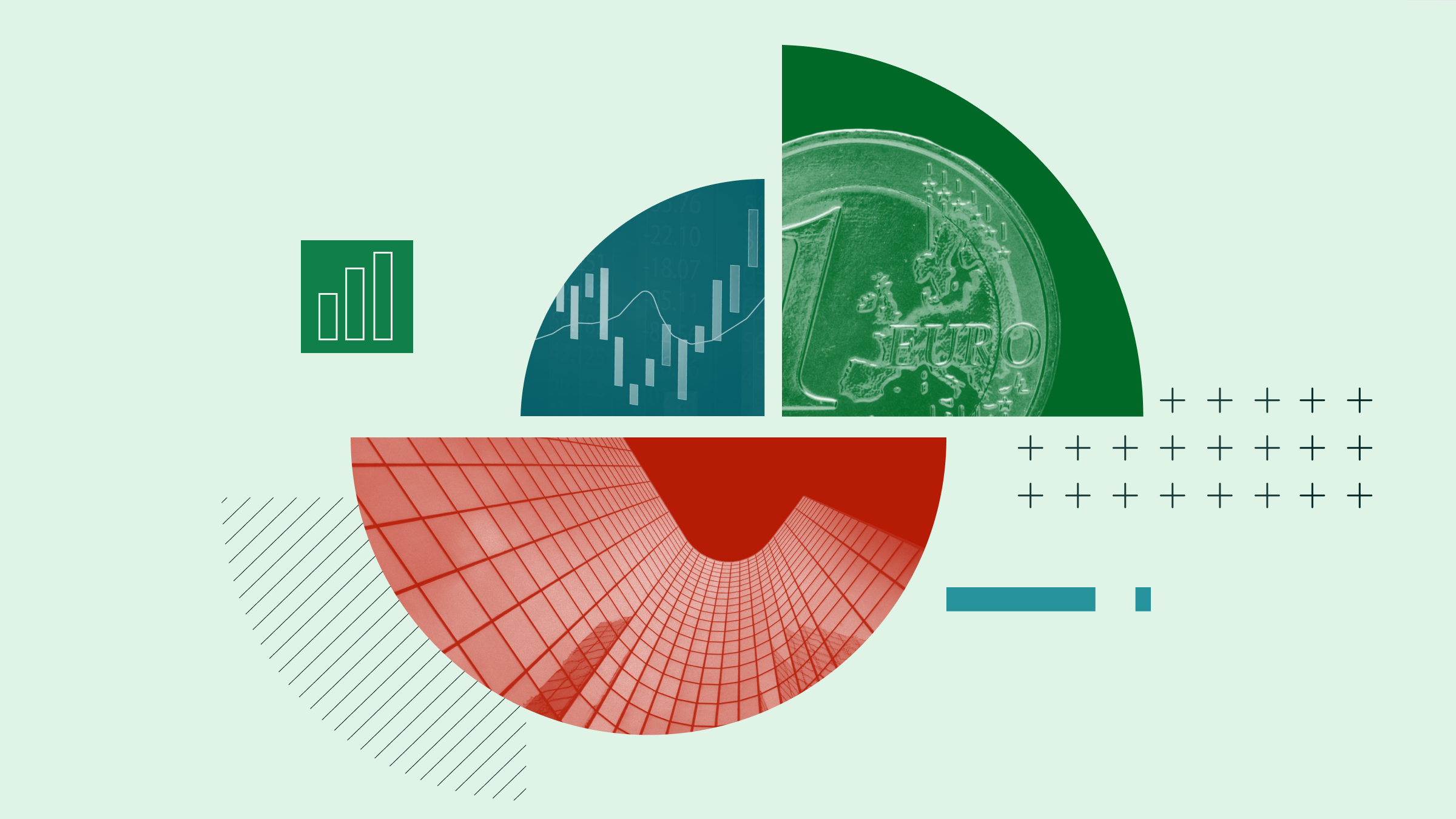Emma Wall: Hello and welcome to Morningstar. I'm Emma Wall and I'm joined today by Tom Idzorek, Head of Economic Research for Morningstar Investment Management.
Hi, Tom.
Thomas Idzorek: Hi.
Wall: So you just did a quick pop-quiz among the attendees at the Morningstar Investment Conference where we are in Amsterdam, and you found that time and time again investors voted for the shiny stock. The stock that everybody wanted.
Idzorek: Right. That’s absolutely right. I opened up my talk with five, what I thought would be easy questions. Do you prefer a speculative investment or a safe investment? Do you want to something that has lots of capacity versus low capacity, powerful brand, low brand, high reputation, low reputation et cetera, and time and time again as you pointed out, people really want what is the very best characteristic.
And of course as it turns out, people want that characteristic so much that, that they swarm into those stocks bid up the price and often those are the ones that are performing relatively poorly in the short term.
Wall: Because of course we can't all buy the same stock at the same price, can we?
Idzorek: No we can't. And again it’s that over popularity we tend to love great companies so much you could almost say we're over loving them, right. Then we dislike, let's say bad companies, but we overly dislike them and eventually there is a return to fundamentals and there can be a premium that’s actually harvested by systematically investing in let's say unpopular characteristics. And eventually somethings that are unpopular will become popular and those things that are very popular will inevitably have a reduction in their popularity.
Wall: Because Investing 101 says that risk equals returns. The higher risk you take on with a stock the higher returns you take on. Do you think this concept is actually flawed and this popularity concept is a better one, a more – it applies in more circumstances?
Idzorek: So that traditional view of more risk equals more return it works at the asset class level often. So bonds outperform let's T-Bills and or stocks outperform bonds. And that relationship seems to hold throughout different marketplaces in different countries.
Once you dive into a particular asset class such as equities and you have let's say similar overall risk characteristics, its these other characteristics that begin to matter more than risk. And again what we see is that traditional paradigm that more risk equals more return begins to breakdown, and we need another theory, a new theory, in our case the theory of popularity that seems to explain all of the let's say recognized risk premia that are out there as well as the various anomalies.
Wall: One of the risk premia, rather the popularity premia, that you mentioned is someone having a company with a strong brand, strong competitive advantage over their peers and we at Morningstar call that an economic moat. Which we've learned can lead to outperformance over the long term. Now these two theories to the lay person sound like they are mutually exclusive, but you say actually they can work together.
Idzorek: They can, so I guess to moat, having a wide moat or a sustainable competitive advantage is something that we think makes a wonderful company. Now I think what we would also stress is that doesn’t necessarily make them a great investment especially over the short term another factor that is critical and one where we do a lot of work is coming up with a fundamental valuation associated with the different firm. So the ideal company would be one that has a very wide moat or very large sustainable advantage, but you could get a very attractive valuation.
Wall: Because it's about great companies at great prices.
Idzorek: Exactly.
Wall: Tom, thank you very much.
Idzorek: Thanks.
Wall: This is Emma Wall for Morningstar. Thank you for watching.

















